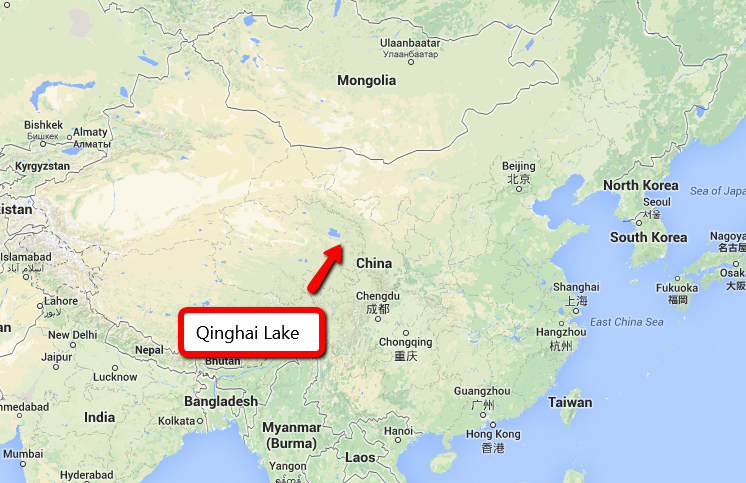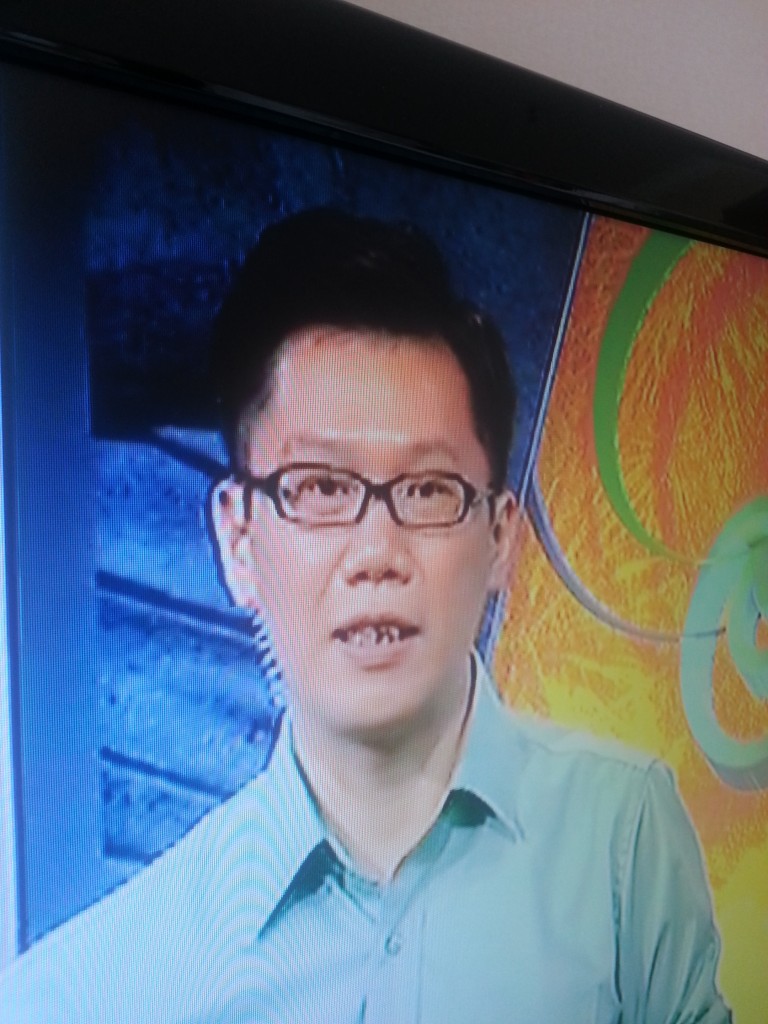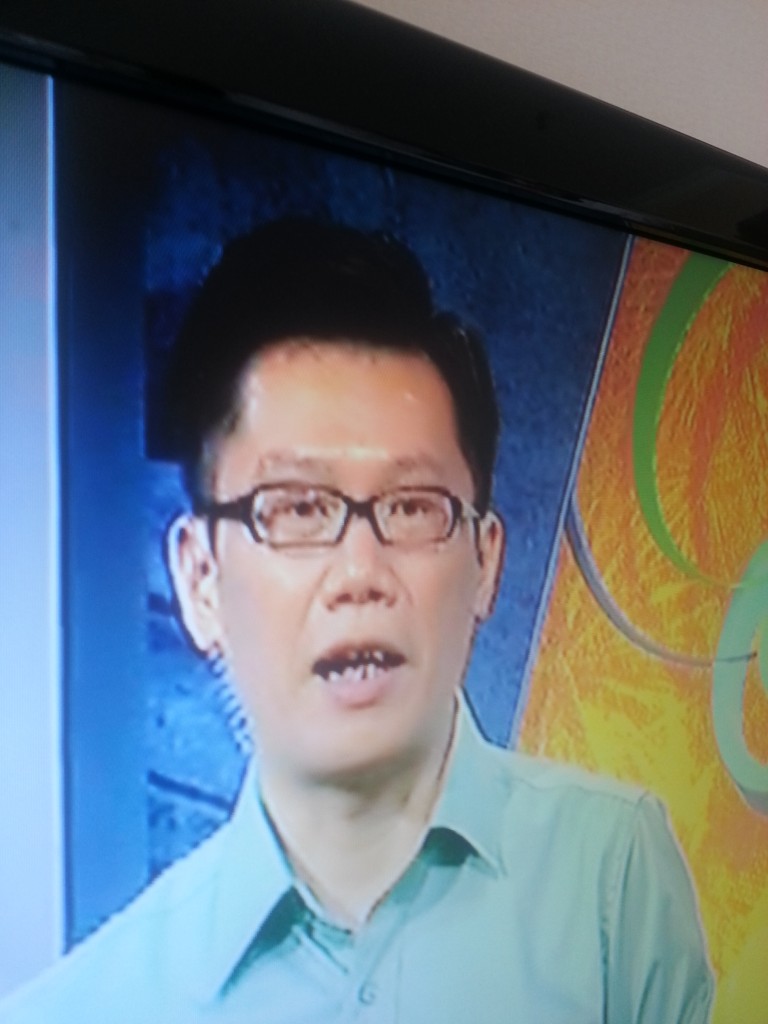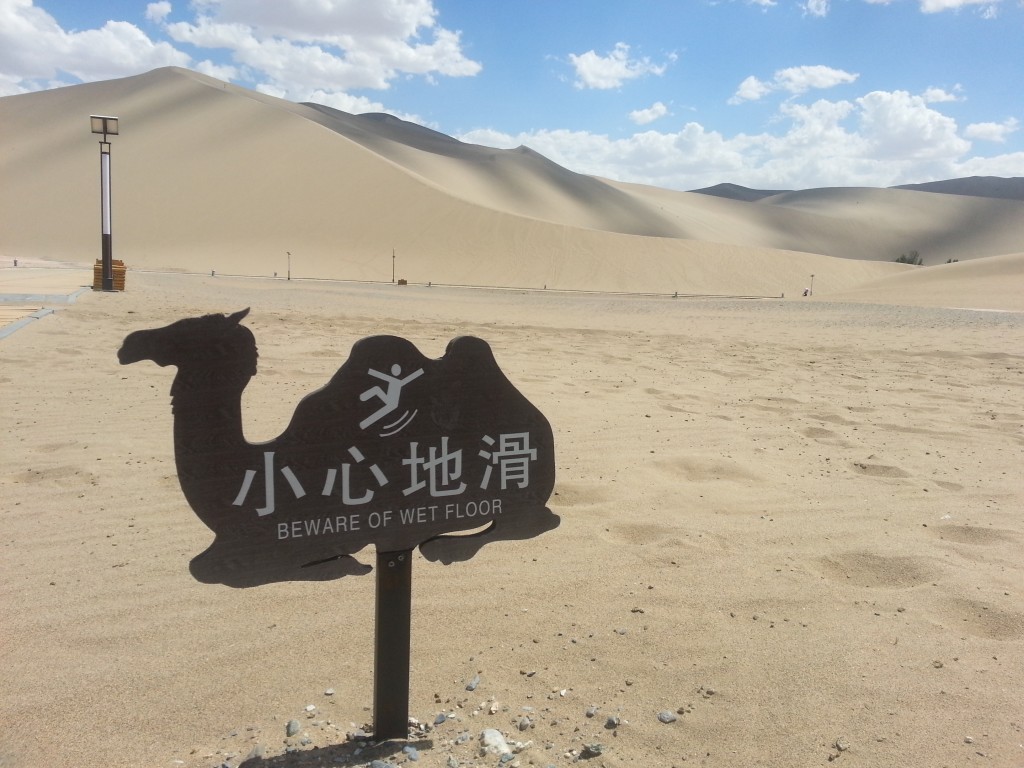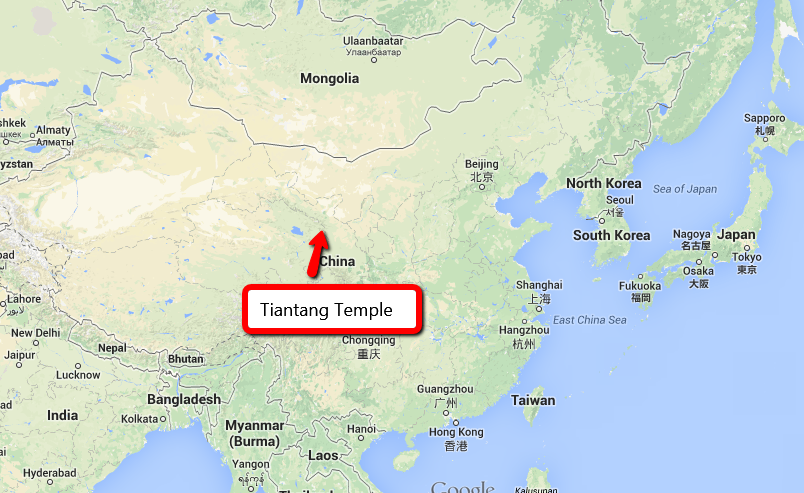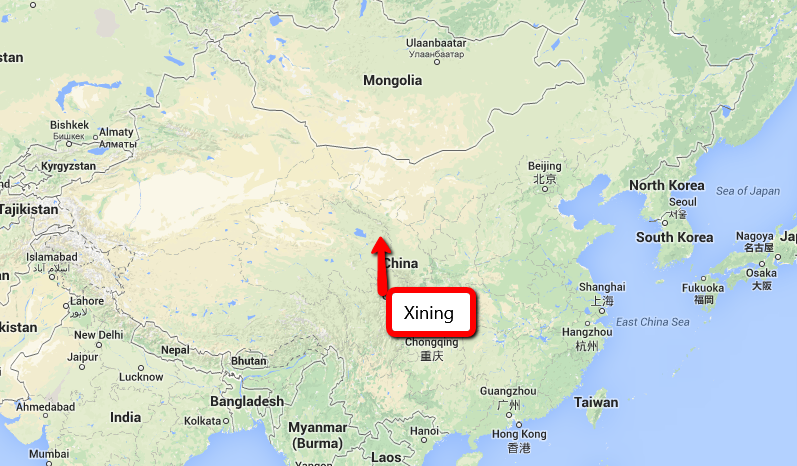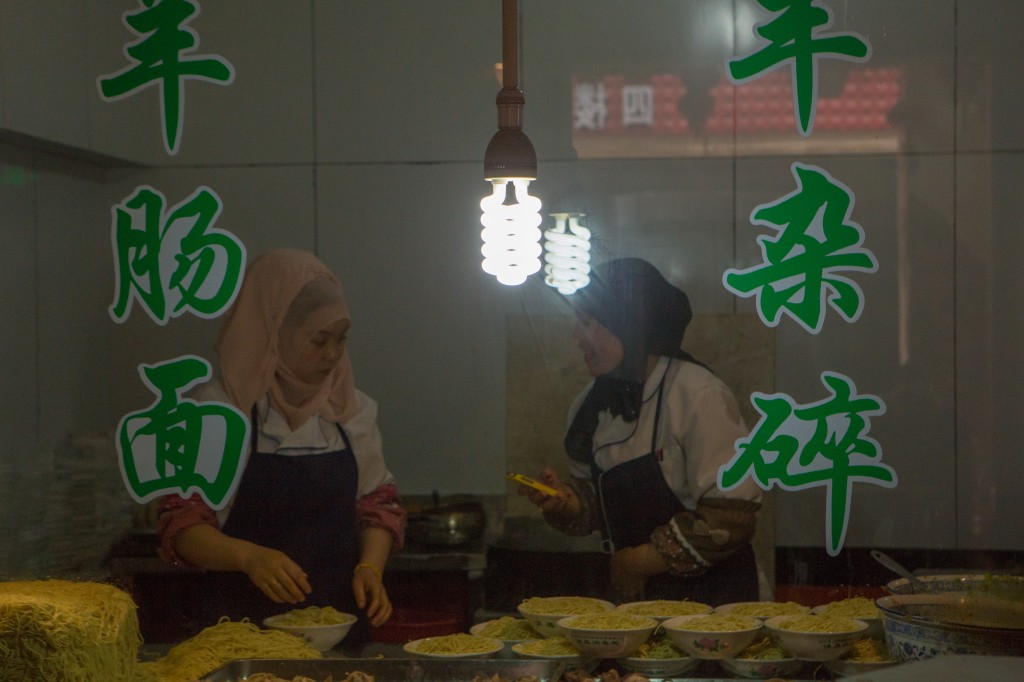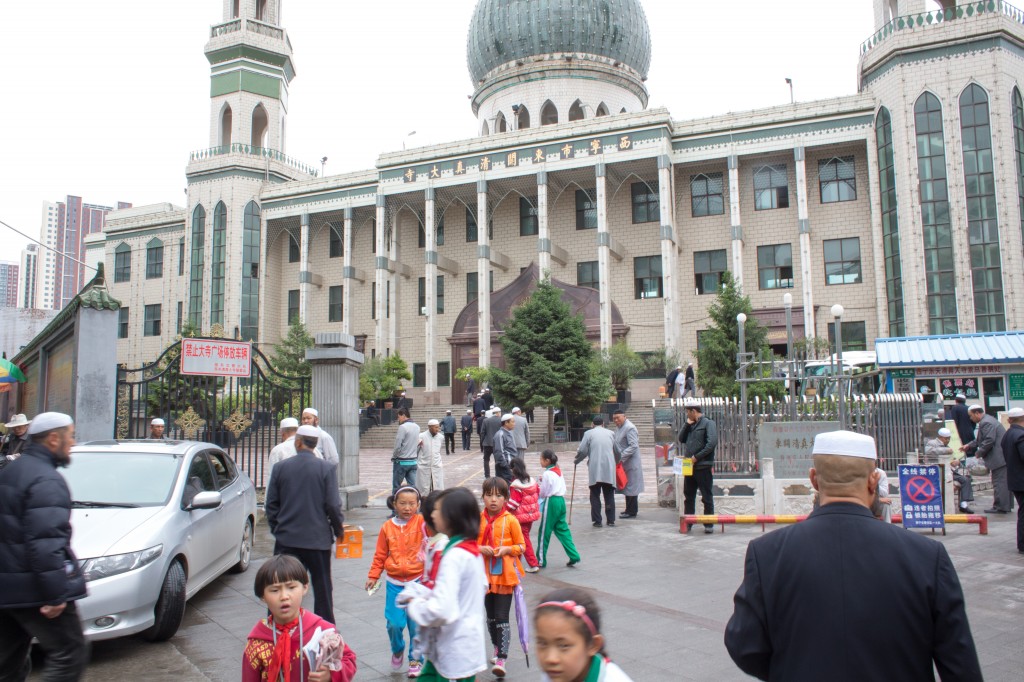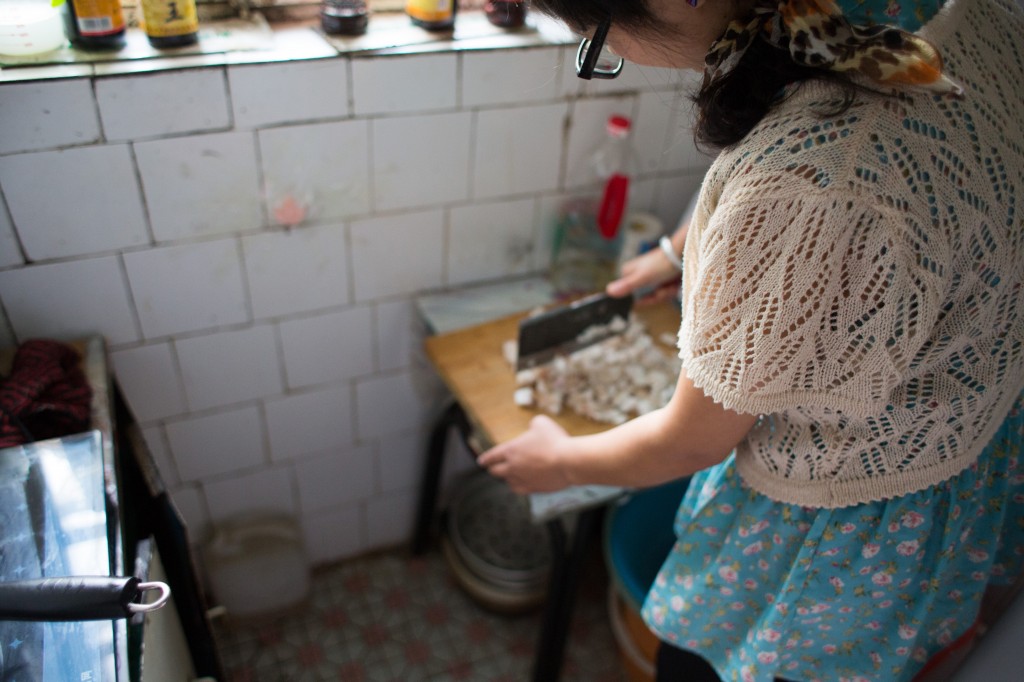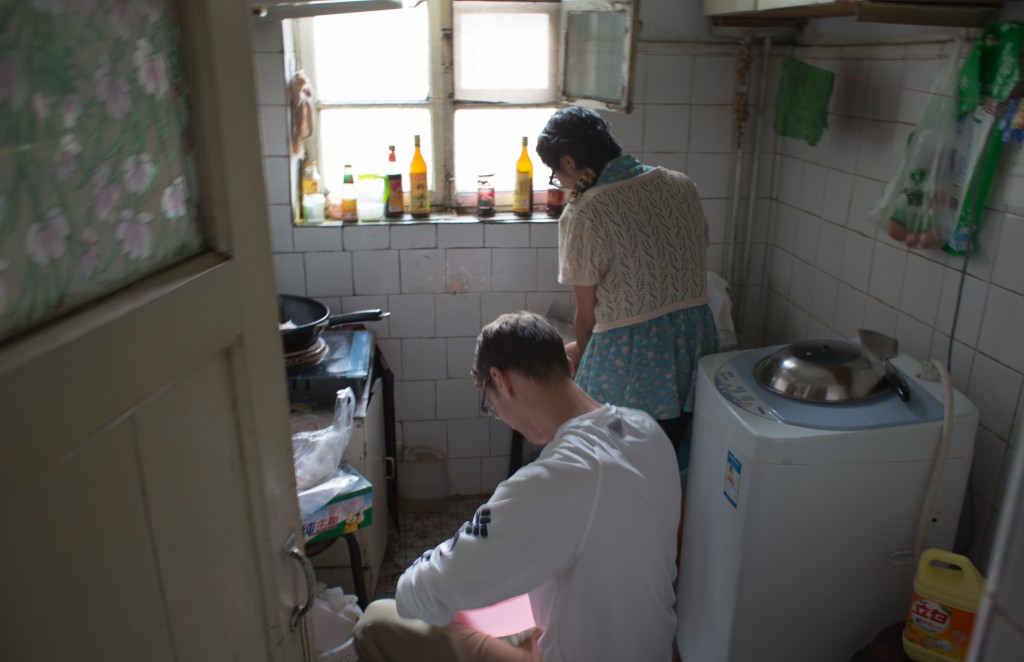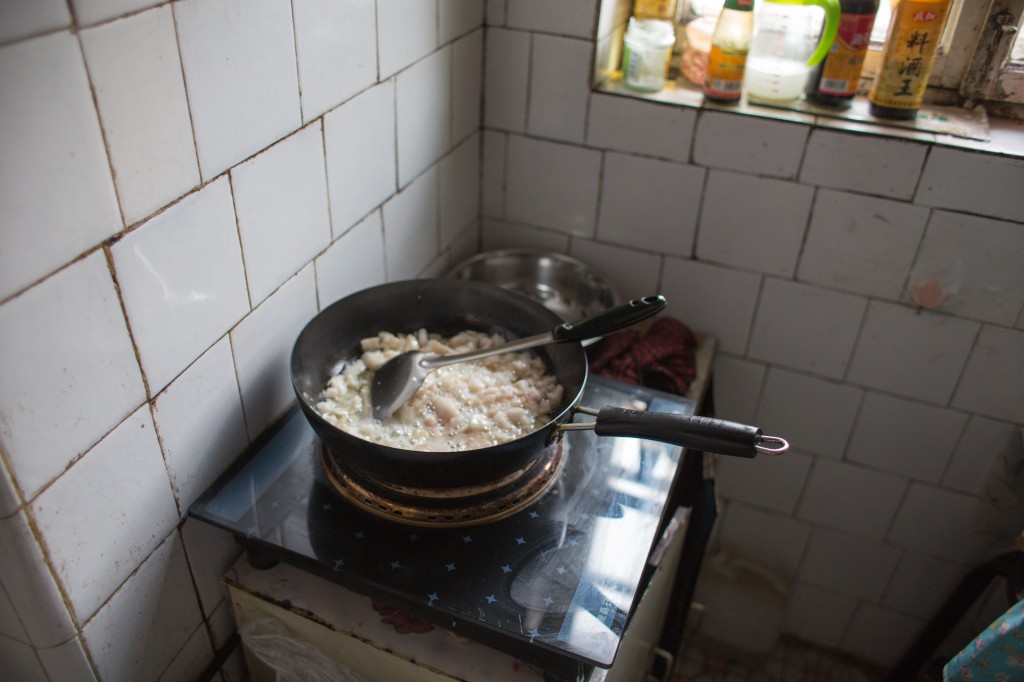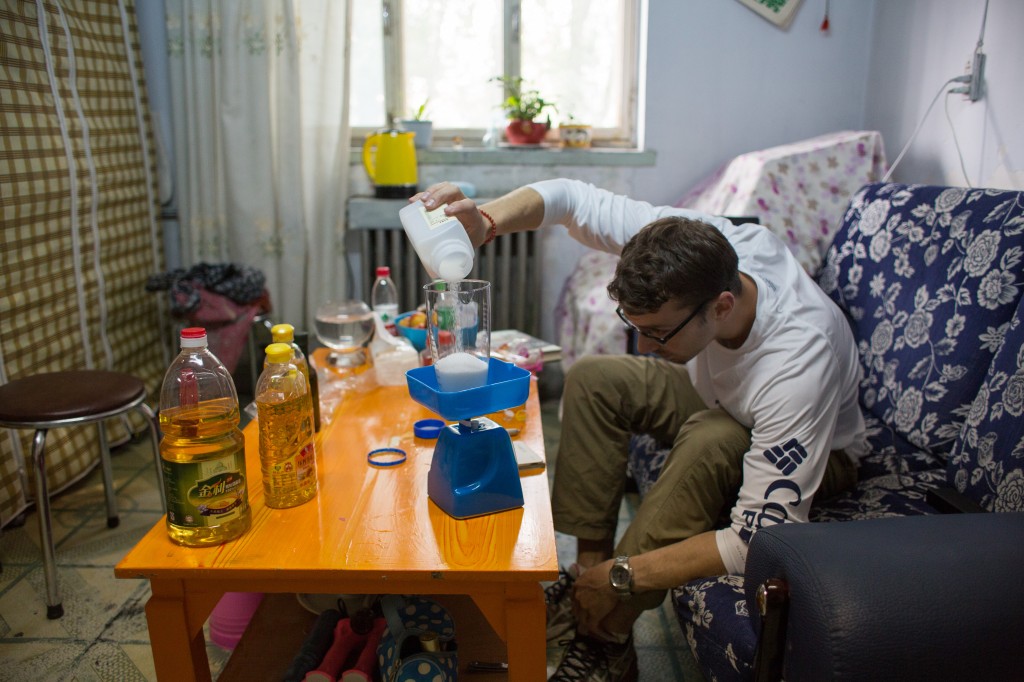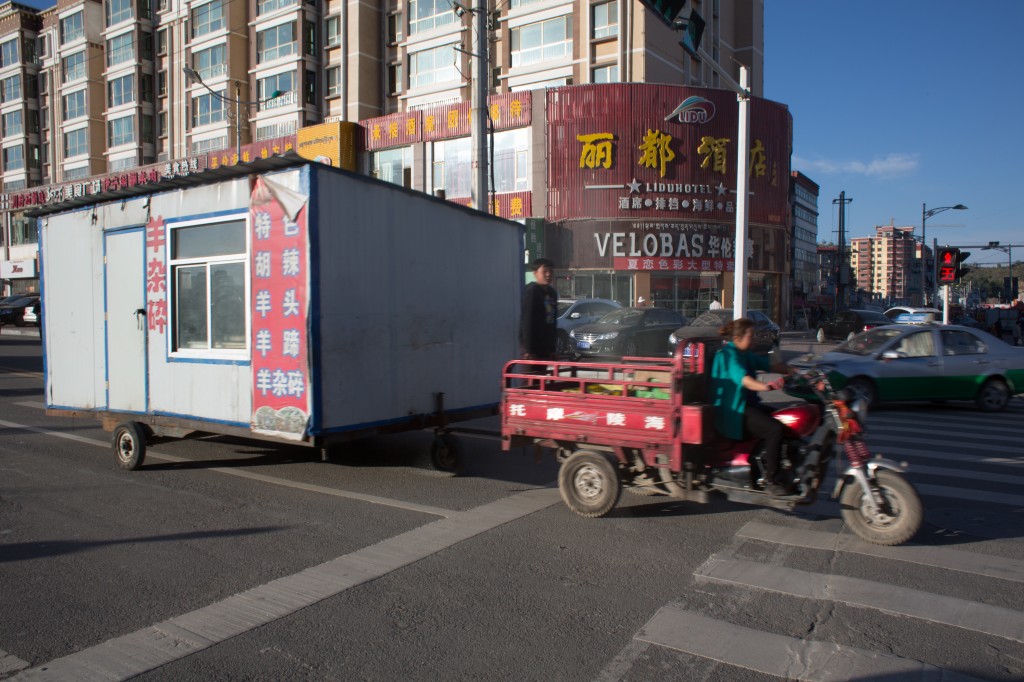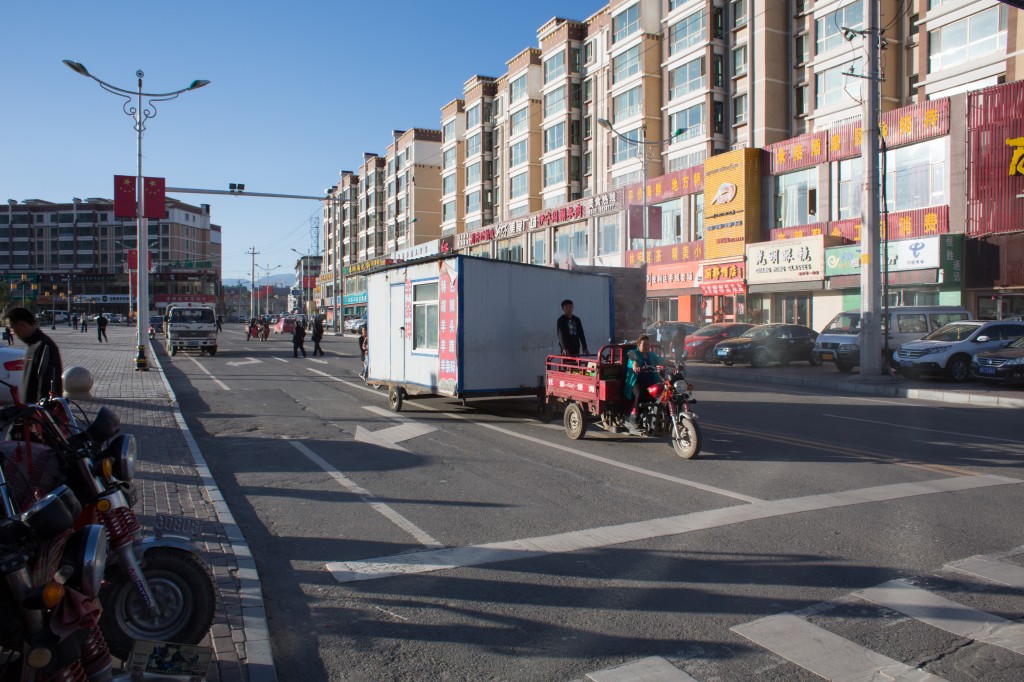We were in the tiny town of Huangyuan, a little more than an hour outside of Xining. I had been standing on the road for an hour and a half. We had had about ten cars stop and offer us a ride, but all for money. On this trip, we have sometimes had to pay for rides. However, this time, we decided, no matter what happened, we would only take a free ride. We wanted to get to know the real China.
About an hour into this hitching attempt, two college-aged girls strolled up to us smiling. At first, I hoped they were going to offer us a ride. “Hi!” one of them said brightly. In fact, they were also hitching. They said they had been hitching all day and had come from a place seven hours away.
“Did you have to pay for your rides or were they free?”
“Mostly, they were free. We did have a guy say he wanted us to pay 100 RMB towards the end of a 200 kilometer ride. There was nothing we could do about that. But mostly, they have been free.”
They were going the same direction we were, so they moved several hundred feet down the road and began the hitching ritual. I was heartened to hear they had hitchhiked from several hundred miles away. We could do this. Our luck would soon change, I thought.
Five minutes later, a car stopped. “Where are you heading?” the middle-aged man asked. I told him.
“That works for me,” he told us.
“Is it a free ride or is this going to cost us money?”
He smiled. “Who’s ever heard of a free ride? Not in China.”
“No, that’s fine,” I said, waving him away. “We’re looking for free rides. Thanks.”
He pulled down the road to where the girls were, stopping. One of the girls bent over and began talking to the driver. “They got in.” Galen told me as I tried to flag down another car.
“Huh?” I was deflated. Had they just taken the price he was offering? Or had he given them a ride for free, but only been willing to take us for money? Or had they been fibbing when they said they were mostly looking for free rides? Or had the girls just gotten into the car without discussing money.
These were the thoughts as we watched more cars cruise past us. I turned to Galen to say something philosophical about failure and how this experience was making us stronger. “Maybe they just don’t have free rides in China. Maybe this country has taken that phrase, ‘To get rich is glorious,’ way too far. Maybe we are getting to know the real China.”
Before I could finish, an expensive, milky white SUV pulled up to us. “Where are you going?” the two guys in the front asked us, one of them slightly less pudgy than the other, their Tibetan accent barely perceptible through their decent Mandarin.
I told him where we wanted to go.
“We’re only going to Hainan. Hop in and we’ll at least get most of the way there. You can get a ride from Hainan.”
“Is it free or are you charging us?” I asked.
“Free,” they said.
We went from hopeless to hopeful in thirty seconds.
